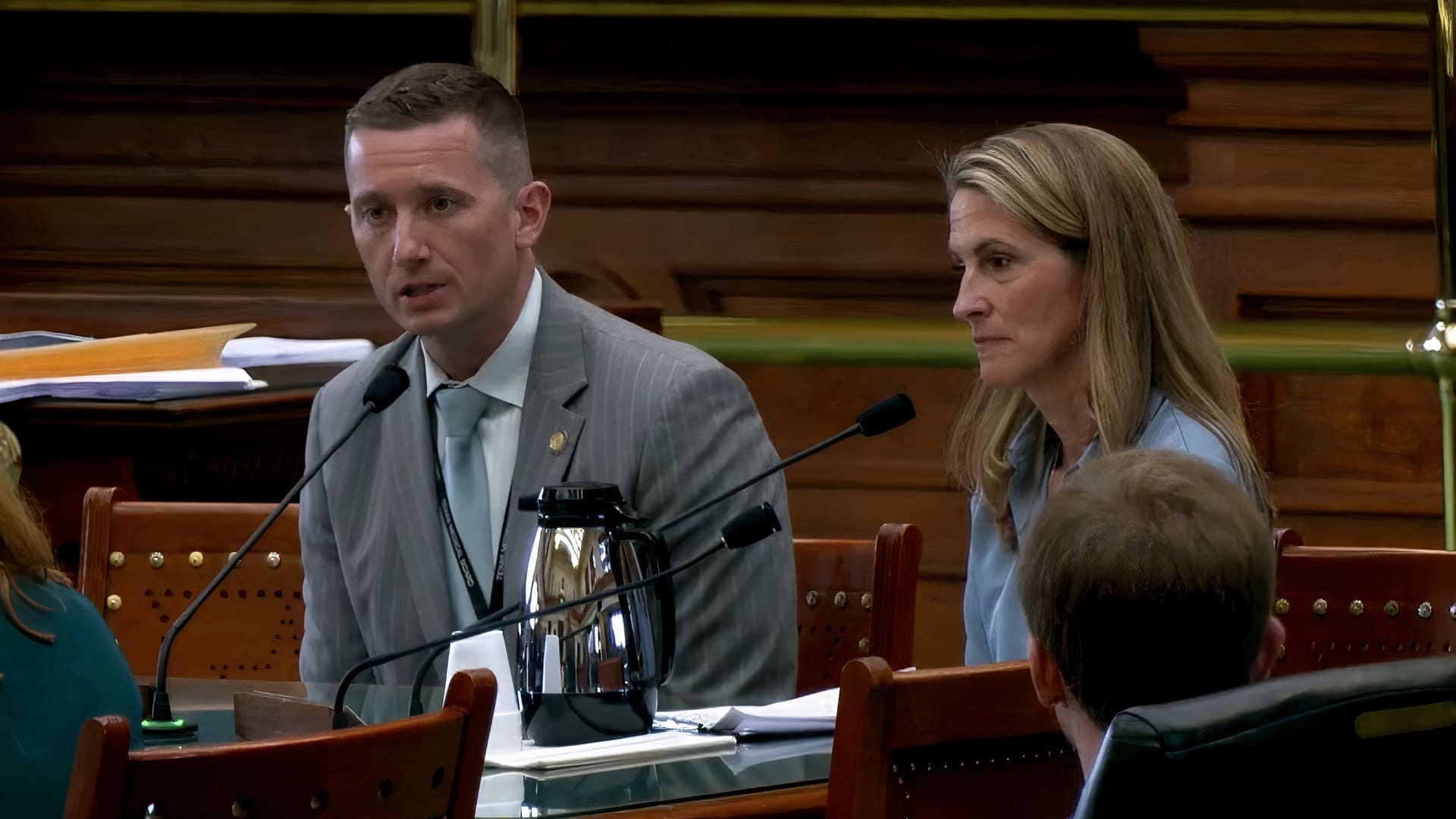Editors’s Note: This article has been updated to include a section of Texas Election Code which allows the governor to schedule a special election for a future vacancy.
Texas lawmakers are set to play another round of musical chairs this month as one congressman’s promotion to the Trump cabinet has triggered a series of subsequent elections. The latest switch-up is Senate District 30, where the governor is calling a rapid special election without the seat not yet being vacant.
In a unique election earlier this month, local Republican Party officials chose Republican State Sen. Pat Fallon of Prosper to be their nominee for the 4th Congressional District in Northeast Texas. This came after the district’s congressman, former U.S. Rep. John Ratcliffe, vacated the seat when the U.S. Senate confirmed him to be the new Director of National Intelligence in May.
And with Fallon now all-but-certain to be headed for Congress, Texans in Senate District 30 will have their own special election to decide who represents them in the Texas Senate.
Many believed that election would not come until January, as Fallon sent a letter on Saturday stating that he would resign effective January 4, 2021.
But in a Sunday afternoon proclamation, Gov. Greg Abbott cited the Texas Election Code and his ongoing disaster declaration over the Chinese Coronavirus as reasons for his decision to call the special election this coming month instead.
From the proclamation:
“WHEREAS, it is imperative to ensure that Texas State Senate District No. 30 is fully represented and has an effective voice in the Texas Senate when the 87th Legislature convenes its regular session, particularly in light of the declared disaster that continues to exist for all counties contained within Texas State Senate District No. 30 as a result of the novel coronavirus (COVID-19); and
WHEREAS, Section 41.0011 of the Texas Election Code provides that the Governor may order an emergency special election before the appropriate uniform election date; and
WHEREAS, Section 203.004(b) of the Texas Election Code provides that an emergency special election must be held on a Tuesday or Saturday on or after the 36th day and before the 50th day after the election is ordered;
NOW, THEREFORE, I, GREG ABBOTT, Governor of Texas, under the authority vested in me by the Constitution and Statutes of the State of Texas, do hereby order an emergency special election to be held in Texas State Senate District No. 30 on Tuesday, September 29, 2020, for the purpose of electing a state senator to serve out the unexpired term of the Honorable Pat Fallon.”
Abbott’s decision to honor Fallon’s announcement he intends to resign in January breaks from his past insistence that he lacked the authority to do so.
In August of 2018, Abbott informed Democrat Sylvia Garcia, a state senator who won the Democrat primary to move to U.S. Congress, her decision to resign effective January 2, 2019 was not sufficient for him to call a special election.
“The governor’s position is that ‘intent’ to resign is insufficient to constitute an official resignation,” Abbott spokeswoman Ciara Matthews said in a statement at the time. “The governor has made clear the only thing the Senator must to do to submit an effective resignation is delete the word ‘intent.’ The ball is in her court.”
Even after Garcia offered to amend her letter, Abbott’s chief of staff Luis Saenz said the governor would lack the authority necessary to call a special election to fill her seat.
“The Governor has no authority to call a special election until Senator Garcia submits a valid and unequivocal resignation.”
Garcia ultimately did resign from the Texas Senate in November—a move that set up a special election for Democrats in December which was won by then-State Rep. Carol Alvarado of Houston. However, her seat was not filled until mid-March, leaving Democrats down a lawmaker until that time.
Fallon, however, stated that he resigns effective January 4, a move that allows the allows the governor to call a special election ahead of the actual vacancy, according to Texas Election Code:
Sec. 201.002. AUTHORITY TO ACT ON RESIGNATION OR DECLINATION. Unless otherwise provided by law, the authority to act on a public officer’s resignation or an officer-elect’s declination is the officer or body authorized to make an appointment or order a special election to fill a vacancy in the office.
But why the rush now to suspend the normal waiting period?
Capitol sources tell Texas Scorecard the governor’s actions are in support of State Rep. Drew Springer, an eight-year member of the Texas House who has been openly campaigning for the position since Fallon announced his intention to run for Congress.
Once identified as a “Taxpayer Champion” on the Fiscal Responsibility Index in his first session in the Texas Legislature, Springer broke with conservatives to support House Speaker Joe Straus for re-election in 2015. His record on various conservative rankings has declined in each session since.
Most recently, Springer received a 64 on the Index in part due to his decision to join with Democrats in an effort to water down Republican legislation that would ban taxpayer-funded lobbying.
Though Springer has been the most active candidate on the campaign trail, he is not the only individual expected to contest the seat. Dallas salon owner Shelley Luther, who was briefly jailed after not complying with Gov. Greg Abbott’s business closure order, has announced she plans on running for the seat.
“You better bet I’m putting my hat in the ring,” Luther said Saturday at a Denton County rally in support of police officers.
Other individuals have until 5pm this coming Friday, August 28, to file for a spot on the ballot with early voting set to begin September 14.





